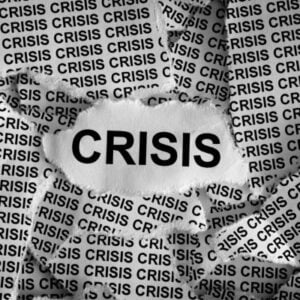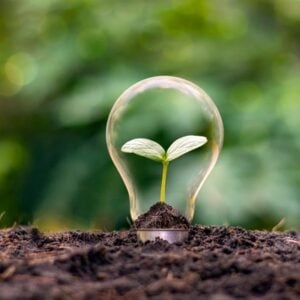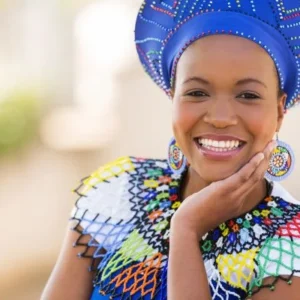The recent massive cuts in Official Development Assistance (ODA) from traditional donor countries are already having significant repercussions for Nigeria and other developing nations. These reductions are constraining fiscal space and undermining critical programs, including emergency hunger relief in Nigeria’s northeast. Shortly after his second inauguration on January 20, 2025, U.S. President Donald Trump ordered a 90-day halt on the supply of medical aid targeting HIV, malaria, tuberculosis, and newborn care in USAID-supported countries, including Nigeria.
By March 27, 2025, USAID had frozen 23 percent of its programs in Nigeria, representing 0.05 percent of the country’s Gross National Income (GNI). Historically, the United States provided $7.8 billion in foreign aid to Nigeria between 2015 and 2024, supporting sectors such as healthcare, security, and economic development. As of May 7, 2025, only 891 of the 6,256 operating USAID programs globally, worth $69 billion, remained active, down from $120 billion on January 20, 2025. In 2023, the U.S. accounted for 20.7 percent of total ODA to Africa.
Although Africa as a region received $42 billion of the global $212 billion in aid in 2024, Sub-Saharan Africa remains the most aid-dependent region, with net ODA as a share of GNI remaining roughly steady over the past two decades. The Mo Ibrahim Foundation’s report “Demystifying Africa’s Dependence on Foreign Aid” notes that while ODA-to-GNI ratios peaked in 2006 and saw a spike during the COVID-19 pandemic in 2019–2020, the trend has been downward since. In 2025, Nigeria recorded negative ODA flows for the first half of the year, highlighting the constraints this creates on fiscal space, according to Finance Minister Wale Edun.
Preliminary DAC data shows that cumulative ODA for all recipients fell by 7.1 percent in 2024 compared to 2023, largely due to increased aid directed to Ukraine. Key donors such as Germany, France, and the United Kingdom also cut development aid budgets between 2023 and 2025, with Germany reducing aid by €3 billion, France by €1.2 billion, and the U.K. by 6.5 percent. Among the top ten donors to Africa in 2023, six were multilateral organizations while four were DAC countries including the USA, Germany, France, and Japan.
While Nigeria’s federal government has announced plans to increase domestic health funding in response to U.S. aid cuts, other sectors are suffering. One notable example is the hunger program in northeastern Nigeria. The World Food Programme, which previously served around 1.3 million displaced and hard-to-reach populations, has been forced to close more than half of its nutrition clinics in the region due to aid shortfalls. The U.S. suspended support for UN agencies in April, while the EU and U.K. have also reduced aid, redirecting funds toward security concerns amid the ongoing conflict in Ukraine.
In response to the evolving landscape of global aid, experts like WTO Director-General Ngozi Okonjo-Iweala have urged African countries to explore internal funding mechanisms and alternative financial resources. She emphasized that while traditional donor support is changing, these shifts present both challenges and opportunities for Africa to develop self-reliant strategies for sustainable development and economic resilience.







